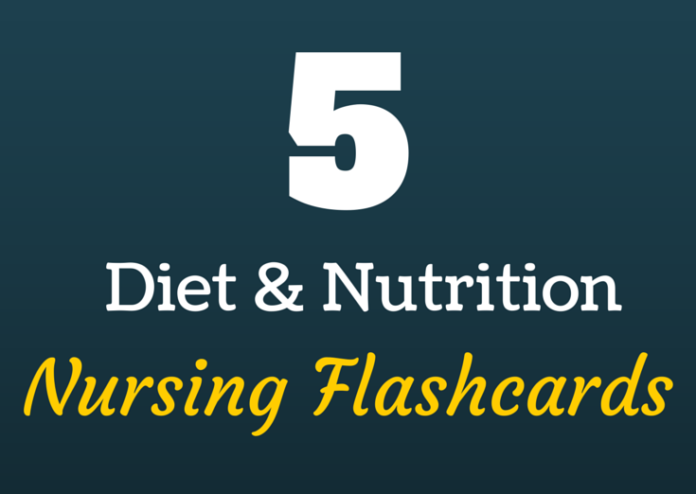1. Chemotherapy Diet.
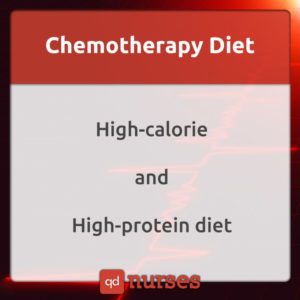
Malnutrition is a common disorder in patients who undergo chemotherapy. It can be prevented through a healthy diet that provides enough fluid, calories and nutrients to maintain lean body mass and hydration.
The best chemotherapy diet include fruits and vegetables, food high in protein such as beans, lentils and nuts; lean animal protein like chicken and turkey; protein foods high in omega 3 fatty acids such as fatty fish (salmon and tuna) and eggs; low fat dairy and dairy alternatives (cow, soy, almond, rice etc.); whole grains and starchy vegetables such as oats, quinoa, barley, wheat, popcorn, corn, potatoes, 100% whole grain bread, pasta, cereal and crackers; nutritious fats; and beverages like water, tea, coffee, milk, and 100% juice.
2. Fat Soluble Vitamins.
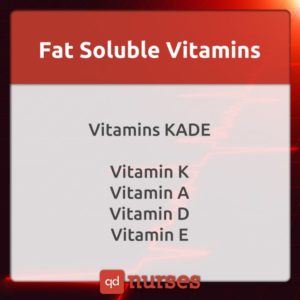
Fat-soluble vitamins are those which dissolve and are stored in fat throughout the body. Toxic levels can accumulate if you consume too many because the body finds it difficult to excrete excess fat-soluble vitamins.
3. Good Sources of Folate.
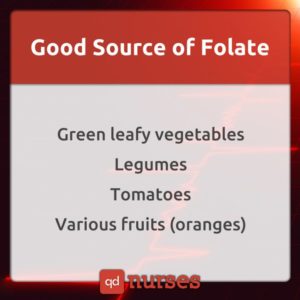
Folate (Vitamin B9) is essential for body functions including DNA synthesis and repair, cell division, and cell growth. Deficiency of folate may lead to anemia in adults, and slower development in children.
Food rich in folate can support red blood cell production, help prevent anemia and homocysteine build-up in the blood, support cell production, allow nerves to function properly, help prevent osteoporosis-related bone fractures, and help prevent dementias including Alzheimer’s disease.
Excellent sources of folate include romaine lettuce, spinach, asparagus, turnip greens, mustard greens, calf’s liver, parsley, collard greens, broccoli, cauliflower, beets, and lentils.
4. Iron in Food.
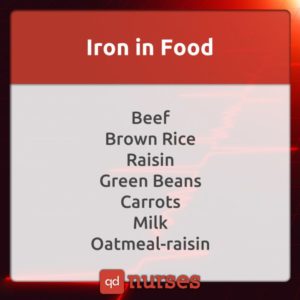
People need iron to make the oxygen-carrying proteins hemoglobin and myoglobin. The best sources of iron include liver, lean red meat (especially beef), oysters, poultry, dark red meat, salmon, tuna, whole grains, dried beans, dried fruits, eggs (especially egg yolks), and iron-fortified cereals.
5. Kwashiorkor.
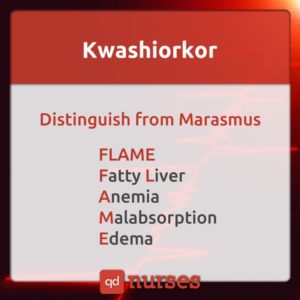
Kwashiorkor is a common nutritional disorder caused by insufficient protein the diet. It is common in countries where there is limited food supply.
Signs and symptoms include change in skin and hair color (reddish-orange color), fatigue, diarrhea, loss of muscle mass, failure to grow or gain weight, edema, damaged immune system, irritability, flaky rash, large belly that sticks out, and shock.
See More:
1. Nursing Flashcards (Communicable Diseases)
2. Nursing Flashcards (Diagnostics and Lab Procedures)
3. Nursing Flashcards (Fundamentals of Nursing)
4. Nursing Flashcards (Medical-Surgical Nursing)
5. Nursing Flashcards (NCLEX Tips/Psychiatric Nursing)
6. Nursing Flashcards (Obstetrics and Newborn Care)
7. Nursing Flashcards (Pediatric Nursing)
8. Nursing Flashcards (Pharmacology)


